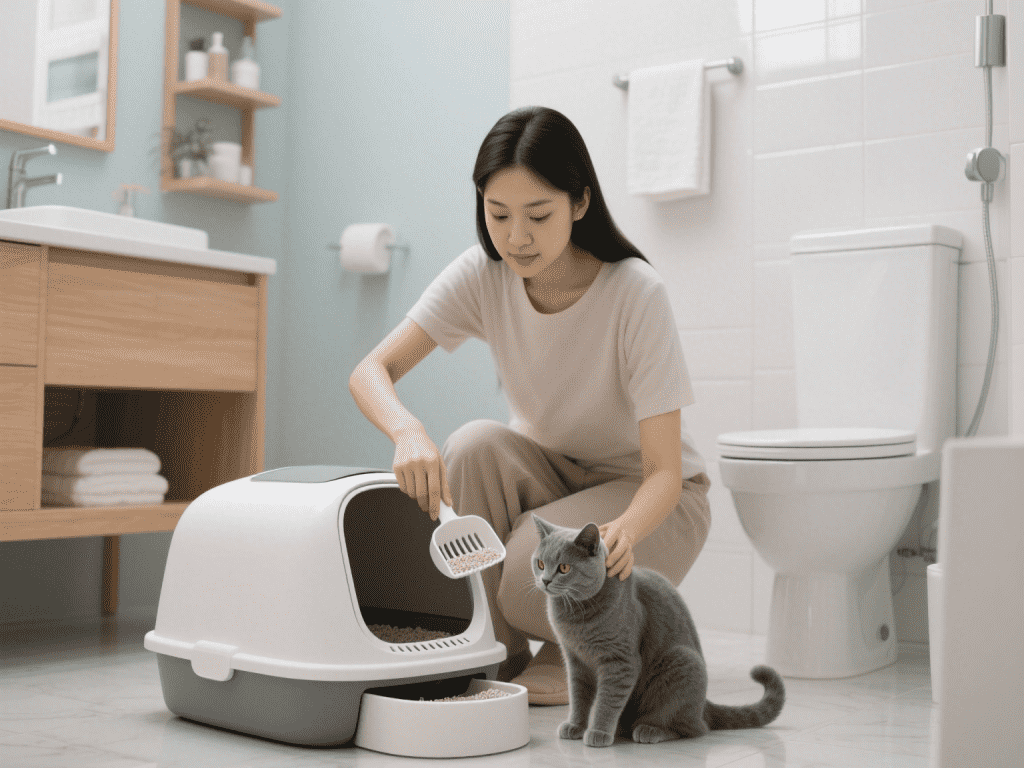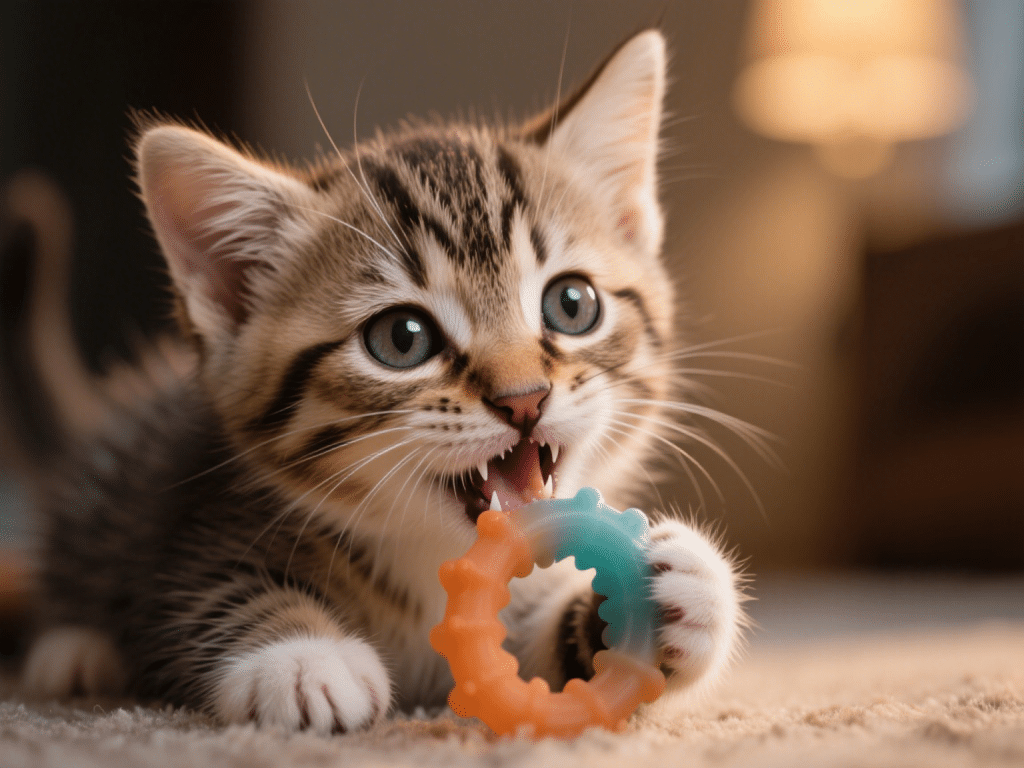
Few behaviors are as universal in the feline world as the instinct to bury waste. As someone who’s managed dozens of litter boxes in multi‑cat homes, I can attest: watching a cat carefully scratch at the edges, then cover their deposit, isn’t just cleanliness—it’s a window into thousands of years of evolution. This article unpacks why cats bury their poop, the nuances of the habit, and how you can ensure a healthy litter routine.
1. Evolutionary Roots
Predator Avoidance:
In the wild, burying waste masks a cat’s scent from both prey and rivals.Territorial Messaging:
Some big‑cat species actually leave scat exposed to mark territory—domestic cats bury to stay discreet.
2. Litter Box Preferences
Substrate Matters:
Texture: Most cats prefer fine‑grained, unscented litter that mimics sand or soil.
Depth: Aim for 2–3 inches; too shallow invites digging beyond, too deep can be off‑putting.
Box Style:
Open vs. Hooded: Hooded boxes offer privacy but can retain odors; open pans provide ventilation.
Size & Accessibility: Large cats or seniors need roomy, low‑entry trays.
3. When Burying Stops: Red Flags
Medical Causes:
Arthritis, urinary tract infections, or digestive upset can make covering painful.Stress & Environment:
Dirty boxes, competition, or placement near noisy appliances may discourage digging.
Action Step: Scoop daily and fully change litter weekly. In multi‑cat homes, provide one box per cat plus one extra.
4. Behavioral Insights
Over‑Burying:
Cats that scratch obsessively may be anxious or experiencing a litter aversion.Non‑Burying:
A defiant cat may leave waste uncovered to assert dominance in a crowded household.
5. Creating an Ideal Litter Environment
Quiet Location:
Avoid high‑traffic or loud areas like laundry rooms during wash cycles.Consistent Routine:
Keep boxes in the same spot; cats thrive on predictability.Positive Reinforcement:
Praise or offer treats when your cat uses and buries correctly.
Conclusion
The act of burying is far more than tidy paws—it’s an ingrained survival skill and a barometer of physical and emotional health. By catering to your cat’s instinctual preferences and monitoring changes, you’ll ensure a cleaner home and a contented companion. Next time you see that confident cover‑up, appreciate the ancient instinct at work.









Comments on " Nature’s Cleanup Crew: Why Cats Bury Their Poop and What It Means" :